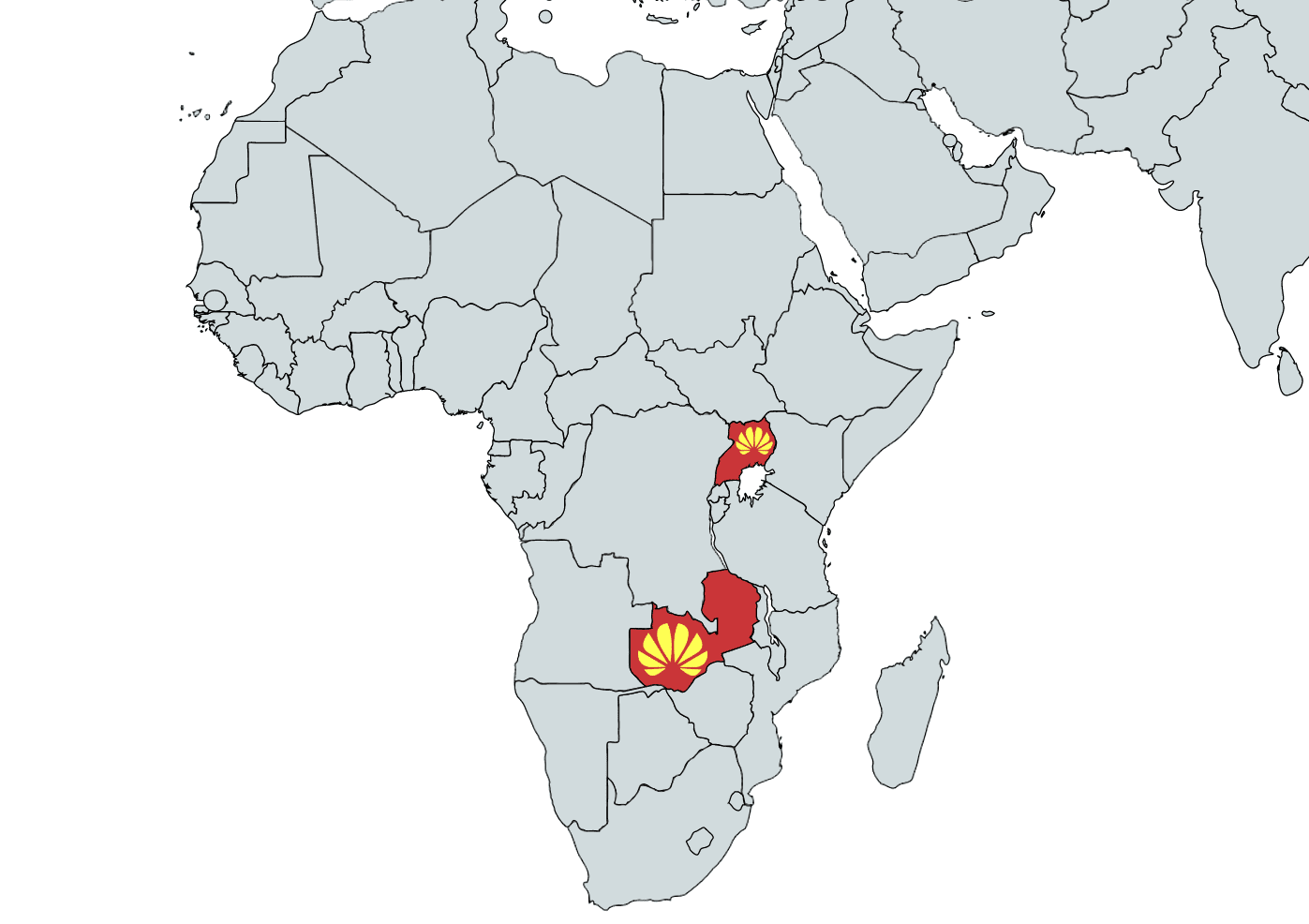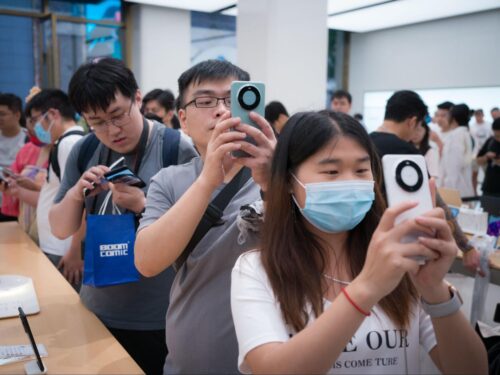Huawei helps African governments spy on opponents


The Wall Street Journal has published an investigation in text and video by Josh Chin, Joe Parkinson, and Nicholas Bariyo on Huawei’s activities in Africa, focusing on Uganda and Zambia, where the company has helped governments spy on opponents.
The investigation is based on multiple sources, but some of the evidence is in plain view: Zambia’s ruling Patriotic Front posted on its Facebook page in April that police officers working with “Chinese experts at Huawei have managed to track” and arrest four anti-government bloggers.
The investigation did not find evidence of spying on behalf of Beijing in Africa, nor did it find that Huawei executives in China approved of, or planned, the behavior described in the report. This is what the investigation did find:
- In Uganda in 2018, government intelligence officers worked with Huawei technicians to access the WhatsApp group of Bobi Wine, a pop star and opposition leader. Ugandan security forces then disrupted Wines’ plans for street rallies, and arrested him and dozens of his supporters. (My favorite Bobi Wine songs are Carolina and Mwesotinge; there’s a long Youtube mix of his music here.)
- In Zambia, “Huawei technicians helped the government access the phones and Facebook pages of a team of opposition bloggers running a pro-opposition news site, which had repeatedly criticized President Edgar Lungu.”
- Two Huawei experts were, or are, “based in a cyber-surveillance unit in the offices of Zambia’s telecom regulator.” They “pinpointed the bloggers’ locations and were in constant contact with police units deployed to arrest them,” apparently using Huawei’s “safe cities” surveillance systems.
- “Huawei rejects completely these unfounded and inaccurate allegations against our business operations” was the company’s response when questioned by the WSJ.
In other Huawei news, every Chinese patriot’s favorite phone maker is in trouble online for listing Taiwan as a country “in the time zone settings on Huawei phones when the user interface is in traditional Chinese language, commonly used in Taiwan and Hong Kong,” according to TechNode.






